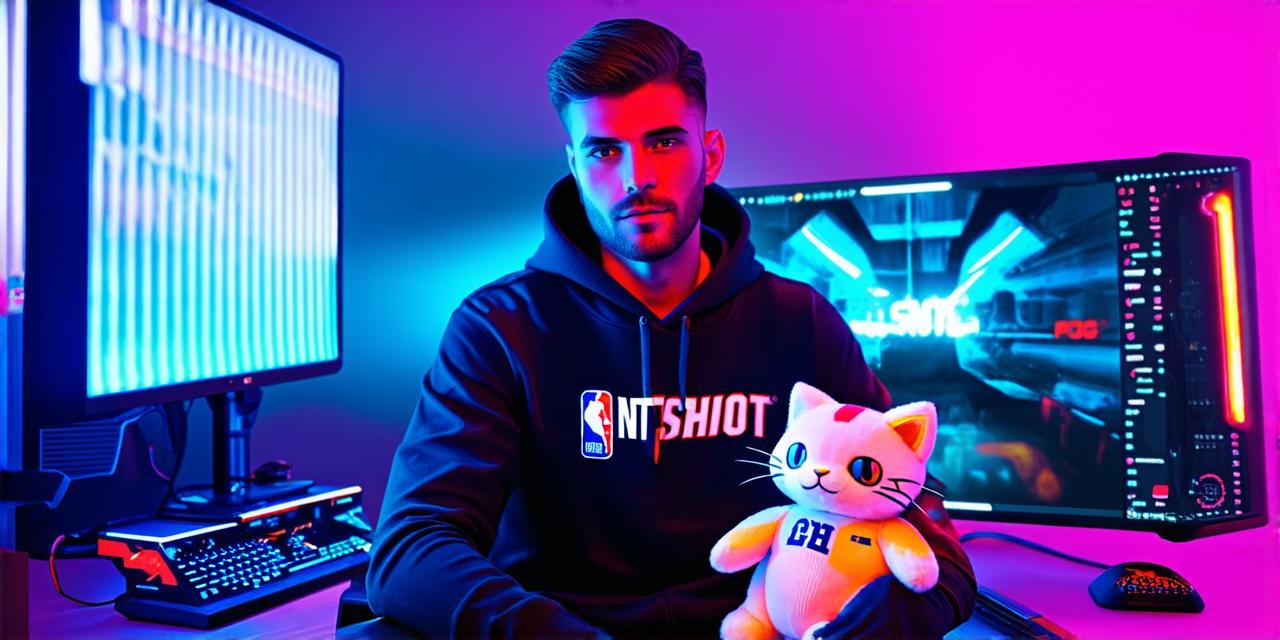NFTs have already been used in some popular games, such as CryptoKitties, which allowed players to buy, sell, and breed unique digital cats. Another example is NBA Top Shot, where players can buy and trade NFT cards of iconic basketball moments. These games have shown that NFTs can add a new layer of excitement and ownership to gaming, allowing players to own rare and valuable in-game assets.
However, the potential of NFTs in gaming goes beyond just creating unique in-game items or characters.
NFTs could also be used to create more immersive and engaging gaming experiences. For example, NFTs could represent collectibles that players can find throughout the game, adding an extra layer of excitement and incentive to explore different areas of the game world.
Additionally, NFTs could be used to create limited-edition items or events, creating a sense of urgency and scarcity that would encourage players to engage with the game more frequently.
The potential of NFTs in gaming extends beyond just immersing players in the game world.
NFTs could also provide new ways for players to interact with each other and create a sense of community within the game. For example, NFTs could be used to create in-game auctions or marketplaces where players can buy and sell items from each other.
This would allow players to engage in new forms of collaboration and competition, creating a more dynamic and engaging gaming experience.
Another area where NFTs could make a comeback is in the music industry. Music has always been associated with collectibles and rarity, and NFTs could provide a way for artists and record labels to monetize these collectibles in new ways.
For example, an artist could release an album as an NFT, allowing fans to own unique pieces of music that cannot be easily copied or faked. This would create a sense of exclusivity and ownership that could attract new fans and generate revenue for the artist.

The role of blockchain technology in NFTs is crucial. The decentralized nature of blockchain allows for secure and transparent ownership tracking, ensuring that NFTs are unique and cannot be easily copied or faked.
This makes NFTs particularly useful for digital items that have inherent value, such as art or collectibles. However, the potential of NFTs goes beyond just digital items.
Blockchain technology could also be used to create new forms of financial instruments, such as decentralized securities or tokens, that could be traded on blockchain-based exchanges.
In conclusion, NFTs could make a comeback in various industries, including gaming, art, music, and finance. By providing new ways for creators to monetize their work and engage with their audiences, NFTs could create new revenue streams and immersive experiences that would attract new users and generate value for businesses. As blockchain technology continues to evolve, it is likely that we will see even more innovative uses for NFTs in the future.
